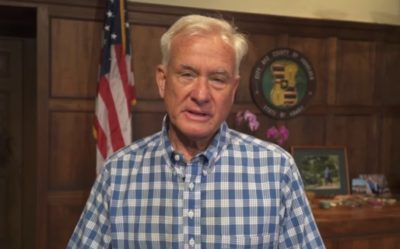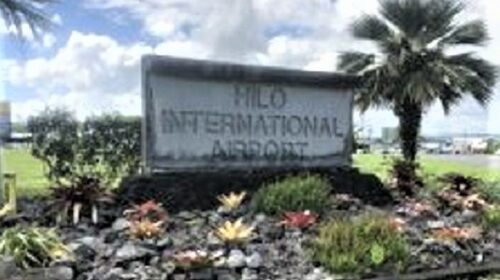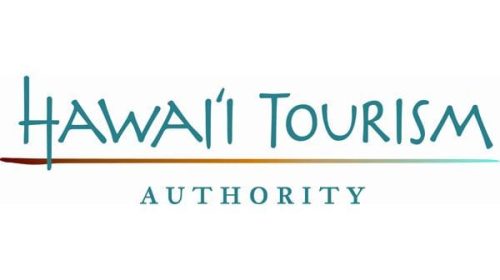Honolulu Mayor Allowed Budget to Pass Without Signature
Mayor Kirk Caldwell has taken action on the Fiscal Year (FY) 2021 Budget Bills approved earlier this month by the Honolulu City Council. The Honolulu Mayor allowed Budget Bill 19 (2020), CD 1, the Legislative Budget for Fiscal Year July 1, 2020 to June 30, 2021 to pass into law without his signature.
As the COVID-19 pandemic spread across the world and the state of Hawai‘i, the health and economic impacts to the City and County of Honolulu became more apparent. The City revised the proposed budget submitted on March 2 to reflect a downward trend of revenues and subsequent reduction in expenses. Proposed amendments to the Budget were sent to the City Council on May 21.
As part of those adjustments, Bill 20 (2020), CD 1 FD 1, the Operating Budget for the next Fiscal Year was revised from $2.98 billion to $2.92 billion.
“We as a community are living through extraordinary times, a challenge never experienced before,” said Mayor Caldwell. “The budget for the next fiscal year was developed through the hard work of the Budget and Fiscal staff, and Director Nelson Koyanagi. They were able to come up with a reduced Operating Budget that continues to protect our city’s critical core services. I would like to also thank the Budget Chair Joey Manahan and his staff and the Honolulu City Council for their efforts to keep the public discussion and hearings as open as possible during these times.”
Mayor Caldwell allowed Bill 21 (2020), CD 1, FD 1, the Capital Budget and Program for the next fiscal year to pass into law without his signature.
Mayor Caldwell took action by signing Bill 25, CD1 and Bill 26, CD1 into law.
Bill 25, CD1 relates to fees for the use of municipal golf courses. These fees were raised to address increases in maintenance costs and to support the overall operating expenses of the Department of Enterprise Services – Golf Division. This will also help to minimize the Golf Division’s reliance on the general fund subsidy. Revenues generated support salaries, maintenance, and equipment necessary to operate the six municipal courses seven days a week. The last time the Golf Division increased green fees was in 2013.
Bill 26, CD1 relates to fees for certain permits and services administered by the Department of Planning and Permitting (DPP). The main purpose of Bill 26 is to enable the DPP to increase the penalty fee for individuals performing work without obtaining a building permit.
Mayor Caldwell allowed Bill 27, CD 1, the Honolulu Authority for Rapid Transportation (HART) Operating Budget, and Capital Budget, Bill 28, CD 1, to pass into law unsigned.
Bill 29, CD 1, authorizing the issuance and sale of General Obligation Bonds and Bond Anticipation Notes of the City and County of Honolulu in a maximum principal amount equal to the aggregate of the amounts appropriated for the HART Capital Budget Projects, also became law without Mayor Caldwell’s signature.
“The HART project is the largest infrastructure project in the state and the City and County of Honolulu,” added Mayor Caldwell. “The continuation of this project is essential in providing much-needed jobs and to economic recovery. We are hopeful that a P3 partner will be selected to complete the project. However, we are very aware of the impact of the current economy on the TAT and GET revenues.”
In addition, Resolution 20-113 supporting the City Administration’s proposal to allow the real property taxes due on August 20, 2020 to be paid in monthly installments, without penalties or interest was adopted by the Honolulu City Council. This was a plan designed to provide relief to affected taxpayers experiencing the adverse economic effects of the coronavirus pandemic.
#rebuildingtravel




